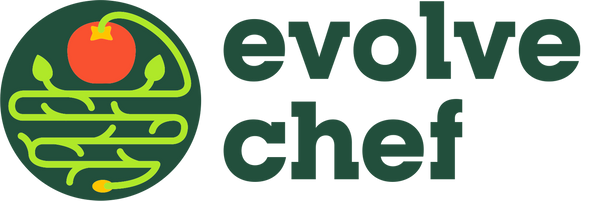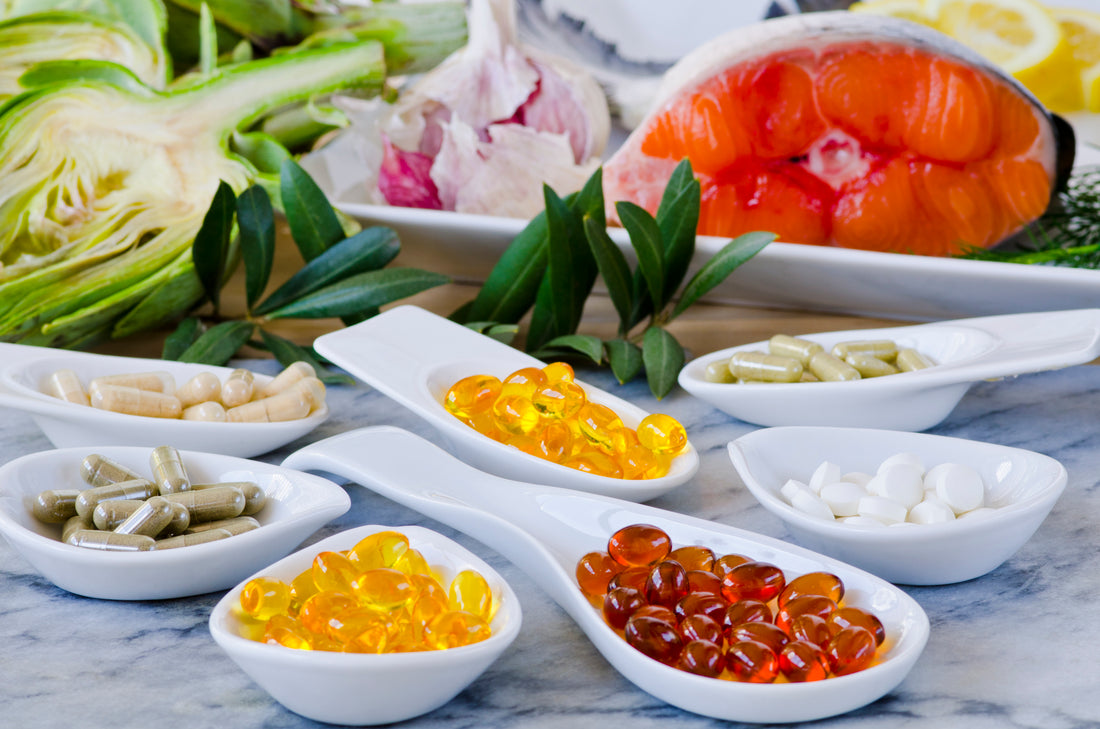Success on the Keto Diet comes from eating specific types of foods: those high in fat and extremely low in carbs. As a result, it means completely eliminating foods that may have particular nutritional value. For example, cutting out starches like rice and potatoes means losing out on B vitamins, folate and pantothenic acid. The body will adapt to changing food sources, but it still needs to get these important nutrients.
Those committed to Keto need to be conscious of how eating differently affects daily vitamin and mineral intake. Depriving your body of important substances can take a big toll on how you feel each day and how your body adapts to Keto. However, supplementing to make up for what you’re missing on the diet is a great way to support your body while it adapts (and beyond).
Here's a look at the most important supplements for staying healthy and strong while on Keto:
- Vitamin D. Most people are deficient in Vitamin D, which is essential for processing calcium to improve bone strength, among other benefits. Taking a daily Vitamin D supplement is one of the best things you can do for mood, as well! Few foods are rich in this vitamin, and narrowing your palate even further makes supplementation a priority.
- B Vitamins. Lots of starchy foods are high in B vitamins, which makes supplementation important if you’re cutting out potatoes, rice, bread and other dense veggies. The good news is that leafy greens are high in B vitamins, so vegetarians will have no trouble keeping their levels in-check. If you’re brand-new to Keto, however, taking a Vitamin B complex each day can’t hurt.
- Probiotics. The shift to a diet high in fat can cause gastrointestinal distress in many people. Avoid the queasy, achy, gassy, bloated feeling that can accompany the transition into ketosis by making probiotics part of your daily supplement regimen. These healthy bacteria will also help your gut microbiome reform itself around the Keto Diet.
- Magnesium. Many magnesium-rich foods are, unfortunately, high in carbs. Cutting them out of your diet can leave you deficient in magnesium, which will make your Keto Flu feel even worse. Consider supplementing a small amount of magnesium (200-400mg) daily to help stave off some of the effects of the Keto Flu, and give yourself (and your immune system) a boost.
- Powdered greens. As you get used to adding more whole foods to your diet, lean on powdered greens to help. Powdered greens will give you a boost of nutrients and energy, and they’re easy to mix into protein shakes and with water.
- Electrolytes. Fewer carbs mean less energy for your body—at least, until it becomes acclimated to ketosis. Filling up on electrolytes helps balance sodium, potassium and magnesium levels, to keep your body energized through the transition.
Assuming you’ve talked with your doctor about your decision to give Keto a try, you might also ask them for a vitamin blood panel test. This test can pinpoint vitamin deficiencies based on representation in your blood. It’s a great way to identify where you’re deficient and take a more targeted approach to supplementing.
Your body deserves to get a full complement of vitamins, nutrients and minerals—even when your macros mean omitting some foods from your diet. Supplements are a simple way to rebalance your nutritional intake as you get adjusted to life on Keto. Start with the supplements listed above.
Reserve your spot for our next Keto Challenge!
